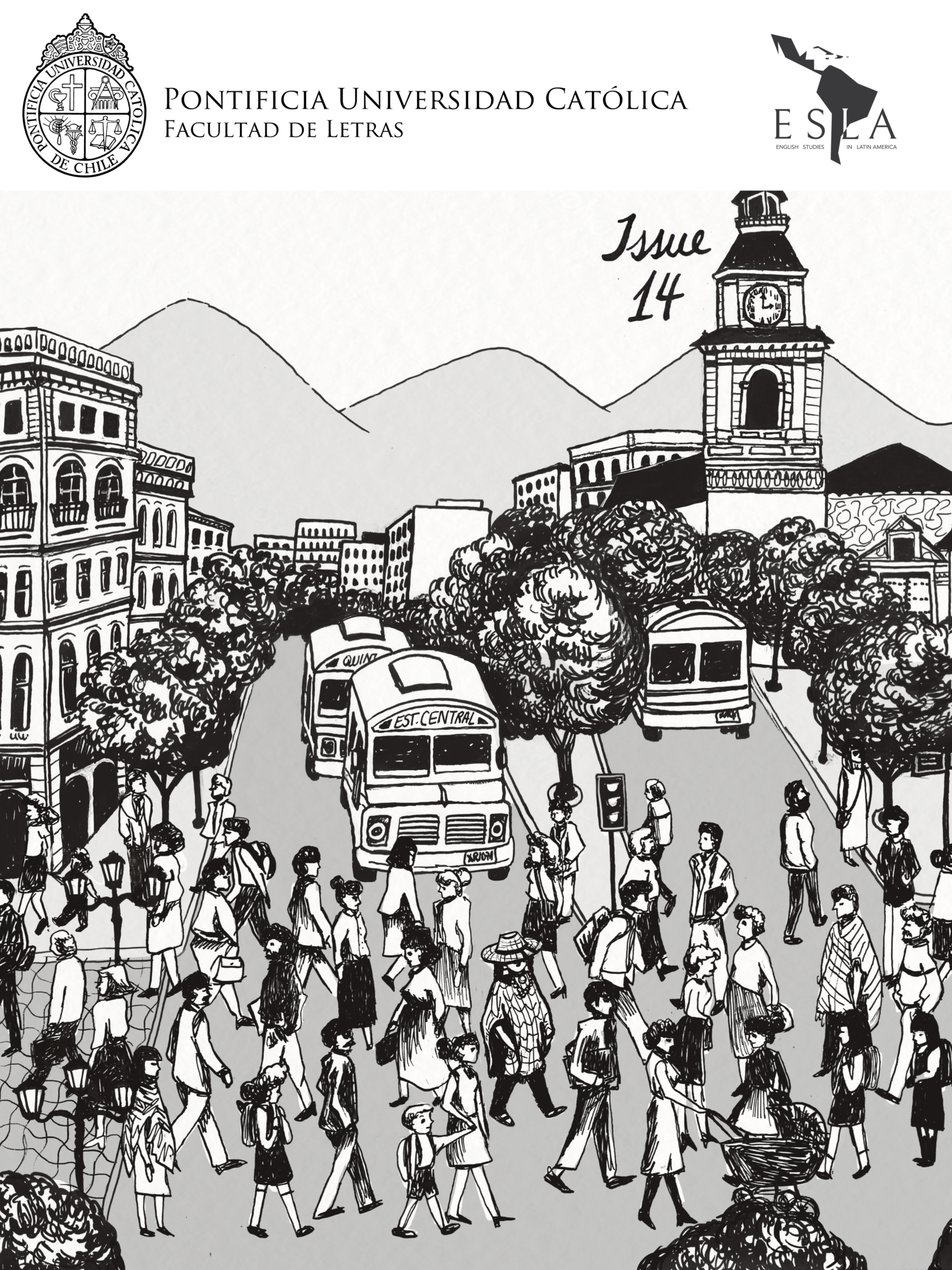The Desolate Paradise: Empire, Exile and Existentialism in Colonial Latin America: Antonio di Benedetto’s Zama and Juan José Saer’s The Witness
DOI:
https://doi.org/10.7764/ESLA.61301Keywords:
english literature, postcolonial, exile, existentialism, sovereigntyAbstract
The link between exile and existentialism is often lost in the depersonalised world of the Other, where individual expression and desire, as well as the individuals themselves, are blurred by the broad metaphors and sweeping generalisations used to describe and understand groups of people. Yet, both Antonio di Benedetto’s Zama and Juan José Saer’s The Witness offer precise and distinct visions of the powerful effect exile and oppression have on the individual and their sense of identity, belonging and hope. Recently translated into English, Zama subverts traditional imperial/colonial stereotypes to offer a more complex vision of the existential effect of colonisation on the individual. Similarly, The Witness deconstructs the age of exploration and complicates the received wisdom of this period of history and its silenced characters. Both novels use the colonial period as an allegory for Latin America’s position in a contemporary global setting, and as such speak to groups struggling for sovereignty or autonomy. In addition, either explicitly or by implication, both novels turn the Latin American gaze back toward Europe and so offer insights for those looking to understand their role as colonisers in the postcolonial Anglophone world. This essay aims to identify the existential pressure created by exile and examine how the struggle for identity manifests itself in Latin American literature. Given that Latin American writers continue to find inspiration and allegory in the colonial experience even after two centuries of independence, and given that the Anglophone world has much less experience of the postcolonial setting, it seems highly relevant that we study these insights in detail.
Downloads
Downloads
Published
How to Cite
Issue
Section
License

This work is licensed under a Creative Commons Attribution-NonCommercial-NoDerivatives 4.0 International License.


